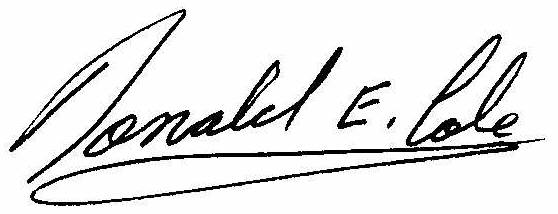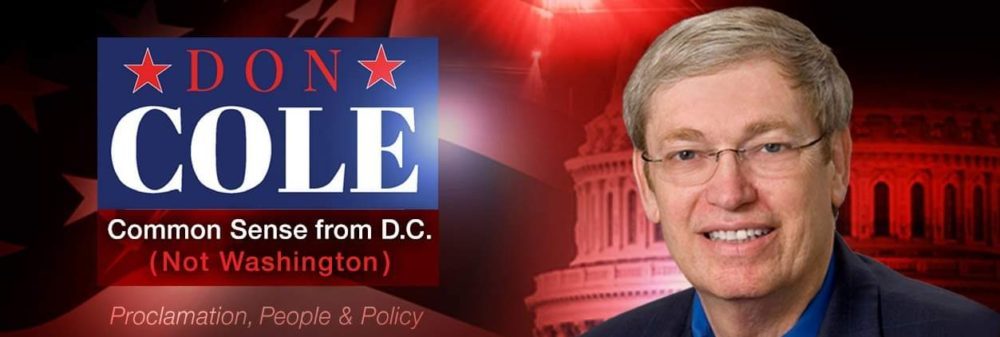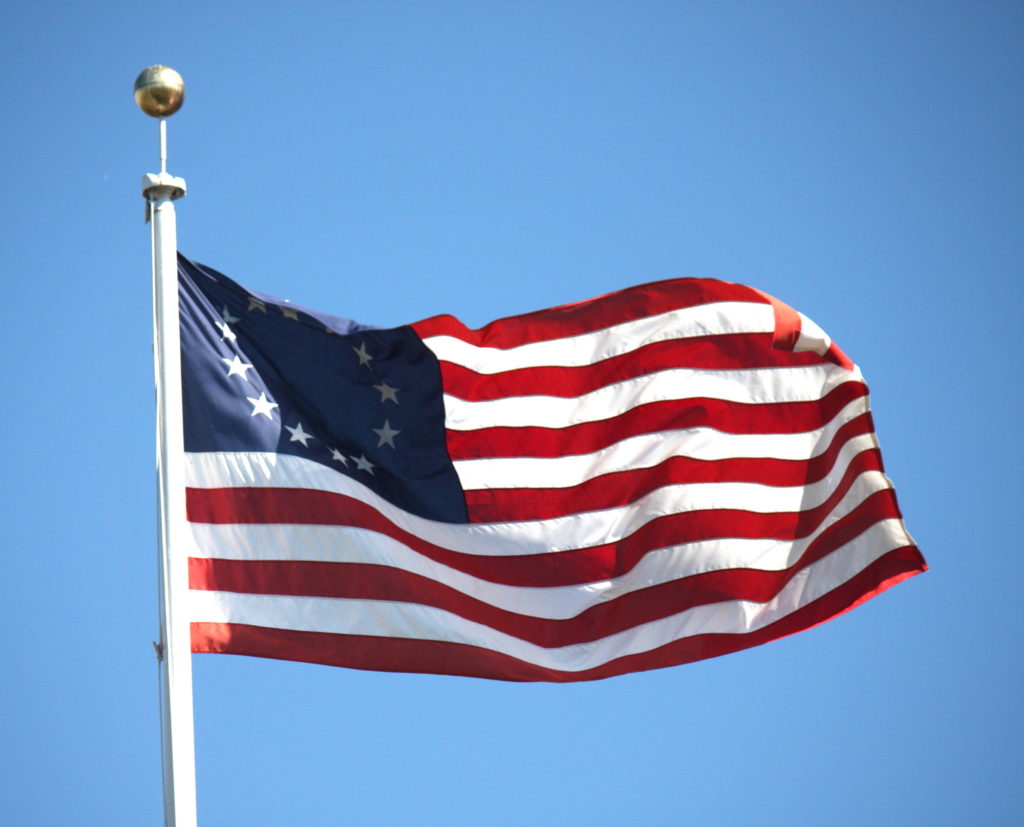On this 4th of July, allow me to take a moment of personal privilege to congratulate my parents, Robert and Earline Cole on their 74th wedding anniversary. Both in their 10th decade of life still love each other till death do us part. Congratulations.
On its last day in session, the US Supreme Court handed down a ruling in the case of West Virginia v EPA that, without making specific mention, brought to light an overlooked line in the Declaration of Independence. One of the specific grievances against King George was a single sentence of just 23 words.
The grievance reads: “He has erected a multitude of New Offices, and sent hither swarms of Officers to harass our people and eat out their substance.”
It almost appears as if the founding fathers peered into the crystal ball to see the state of our nation two centuries down the road. We brought upon ourselves the thing we hated – the administrative state.
The administrative state is not mentioned in the Constitution. Although it resides in the Executive branch, it is not one of the branches of government. While the Constitution makes no mention of it, the administrative state has grown to enact more rules having the force of law and issues even more guidance documents. A guidance document may not have the force of law but for all practical purposes it carries the weight of law through implication and sometimes intimidation.
Justice Neil Gorsuch wrote a concurring opinion which pointed to the rapid growth of the federal government. In one of his footnotes, Gorsuch noted that between 1970 and 1990 the Code of Federal Regulations grew from 44,000 pages to 106,000. While Congress passes 200 to 400 laws each year, the administrative agencies issue 3,000 to 5,000 final rules. (Footnote 2 in Gorsuch concurring opinion page 7)
Quoting from the Federalist papers, Gorsuch wrote, “the framers believed that a republic— a thing of the people—would be more likely to enact just laws than a regime administered by a ruling class of largely unaccountable “ministers.”
So, as you celebrate another year of America’s Declaration of Independence, keep in mind that it takes more than a mighty military to maintain our freedom. Like erosion slowly moves the earth underneath one grain at a time, our freedom is in danger of being taken over one regulation at a time by “a multitude of New Offices” and “swarms of Officers to harass our people and eat out their substance.”
Have a great Independence Day and resolve to stay free.

Sign up to receive Common Sense from DC (Not Washington). I won’t waste your time or flood your inbox with junk or pleas for money. You’ll get my thoughts and commentary on various issues and stories about people, politics, and proclamation. You can unsubscribe easily at any time. I appreciate you as a reader and will strive to make it worth your while.

